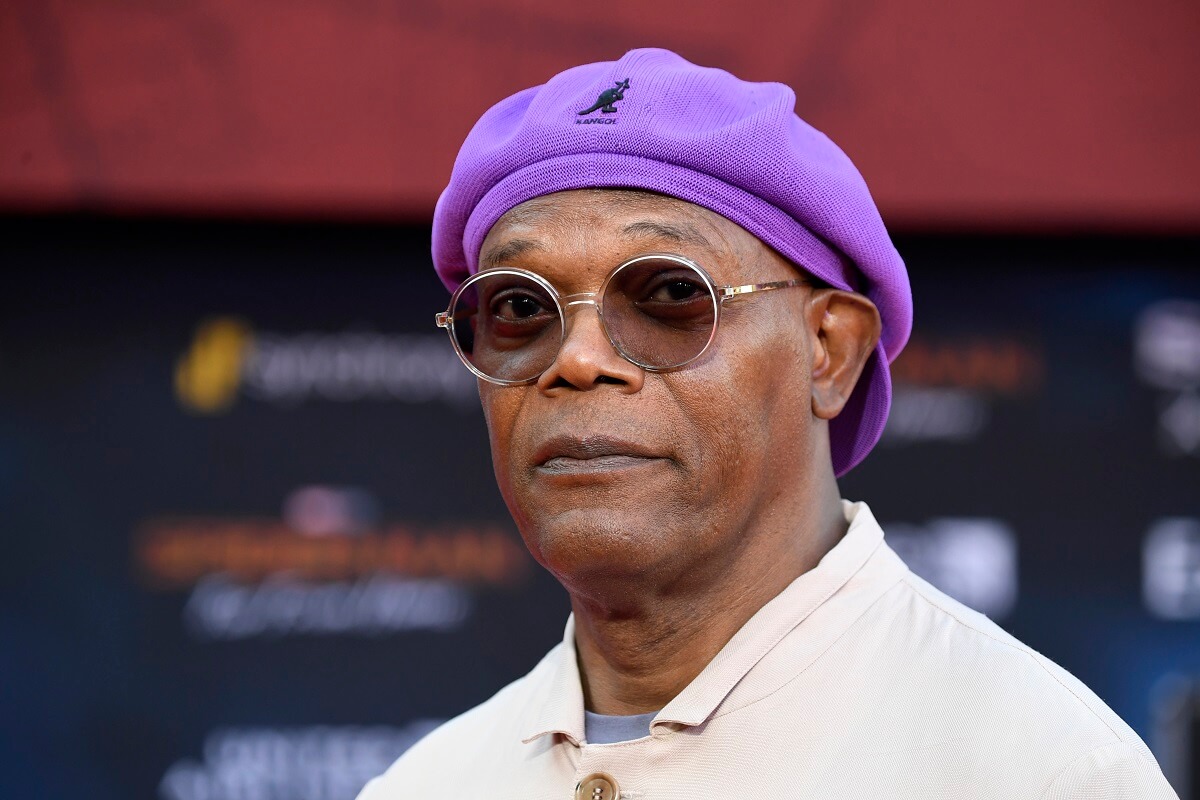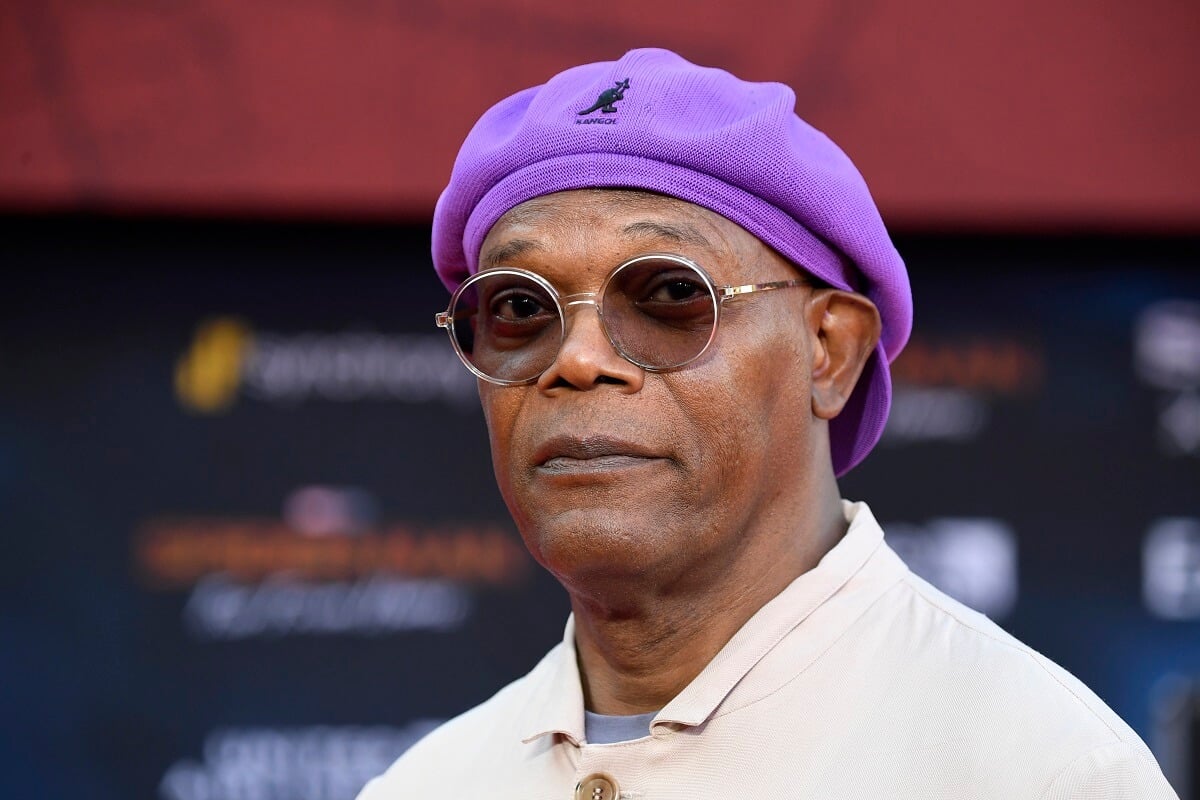
Samuel L. Jackson Once Shared He Really Didn’t Like the Ending of Steven Spielberg’s ‘Lincoln’
Steven Spielberg‘s Oscar-nominated picture Lincoln was one of his most critically acclaimed projects. However, Samuel L. Jackson felt the filmmaker might’ve dropped the ball when it came to the end of the movie.
What Samuel L. Jackson didn’t like about the ending to ‘Lincoln’

Spielberg had a difficult time deciding what period of Abraham Lincoln’s life to cover. The director toyed with focusing on several sections of Lincoln’s history, and initially centered his story on the civil war. But tackling both the civil war and Lincoln proved to be too big of a story.
“It was the story of the last 3 years of the Civil War, and it involved 7 huge battles. Lincoln was prosecuting the war, first through General McClellan and then General Grant. But it was much more of a Saving Private Ryan, set between 1863 and 1865. And it quickly wore thin on me and became clear that it was not the story I wanted to tell. And it quickly disappeared from my life,” Spielberg once told Deadline.
After he and Lincoln screenwriter Tony Kushner toiled away at the story, they found the perfect piece of Lincoln’s history to adapt.
“Once we focused everything on 2 great issues, the passage of the 13th Amendment and ending the Civil War, everything got a lot more concentrated and a lot more focused,” Spielberg said.
Lincoln would also briefly touch on the former President’s death. And even though the film didn’t show the assassination, Jackson felt the movie messed up covering the end of Lincoln’s life.
“I don’t understand why it didn’t just end when Lincoln is walking down the hall and the butler gives him his hat,” Jackson once told the LA Times. “Why did I need to see him dying on the bed?”
The Marvel star was adamant that the movie’s true conclusion came before Lincoln was on his death bed.
“The movie had a better ending 10 minutes before,” the actor said.
Steven Spielberg once explained why he didn’t show the Abraham Lincoln assassination
Spielberg made a conscious decision to avoid showing Lincoln being shot in the feature. For the Jaws director, that was one part of Lincoln’s story he had no problems omitting from the film.
“The decision was a pretty easy one to make. Had we taken it right up to the assassination, the film would’ve, for the first time, become exploitation. And I didn’t want to go anywhere near that,” Spielberg once told Collider.
Spielberg felt that the story he was trying to tell wouldn’t benefit from depicting Lincoln’s assassination.
“That’s a very scary word, especially when you’re dealing with the history. And nothing could be gained by showing that. It was more profound for me to see what actually happened. It had nothing to do with cinema. It just had to do with not wanting to exploit the assassination, which has been depicted in other films, ad nauseam,” he said.
Steven Spielberg didn’t consider ‘Lincoln’ a biopic
Spielberg didn’t agree with the notion that Lincoln was a biopic. Even in the earlier drafts of the movie, the Jurassic Park filmmaker only honed in on a specific period in the actor’s life.
“I never saw it as a biopic. I sometimes refer to it as a Lincoln portrait, meaning that it was one painting out of many that could have been drawn over the years of the president’s life. Had I done the entire presidency, or his entire life, that would have qualified as biopic,” Spielberg said.


